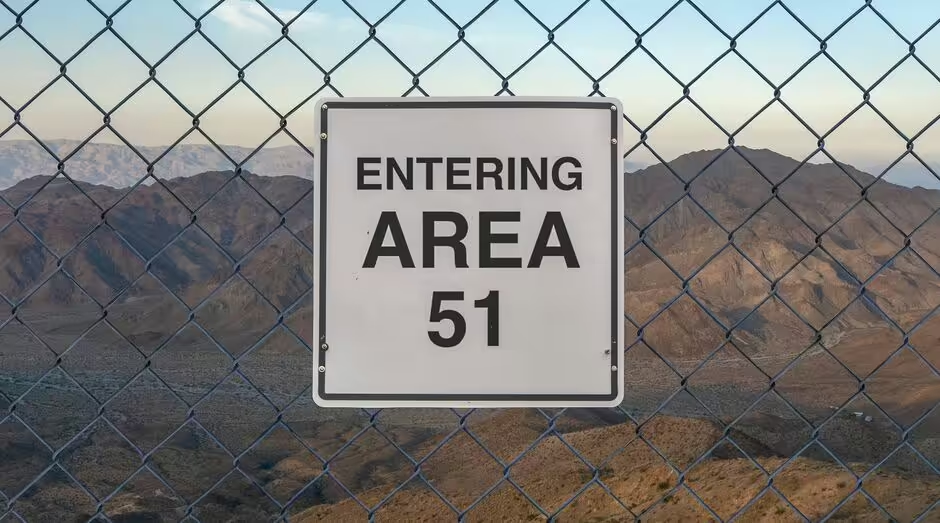Virtual reality has indeed pushed the bounds of technological innovations. It started as a gaming and entertainment technology, pushing the immersive 3D narrative. Now, it is being used for numerous simulations that were never imagined before.
Today, VR is used for education and other purposes. Interestingly, virtual reality is utilized as a real-life representation of things, and in industries we never thought would adopt the technology. This article highlights 5 unexpected Industries using virtual reality.
Journalism
Journalism is one of the most unexpected industries that uses virtual reality. Naturally, the industry is focused on gathering, verifying, and reporting information to the public. You would think virtual reality cannot fit into this profession, only to discover it is being used heavily. With VR, journalists can capture immersive footage and then share it with viewers in lifelike form.
This has proved to immerse viewers in stories more than any other medium, as it lets them see and feel the setting and events as they unfold. It has also had many other benefits. One of them is increased empathy. VR has given audiences a more in-depth emotional experience of pressing themes like social inequality, climate change, and the refugee crisis.
It has also made news more interactive. Viewers can now go into a narrative at their own speed, exploring different parts. As a plus, VR has helped train new journalists by simulating real-world situations. They can now experience a risk-free atmosphere while sharpening their interviewing skills. They can also get experience reporting under challenging situations and practicing making ethical decisions.
Gambling Industry
People love to gamble, so it might not come as a surprise that VR is even used to create virtual reality casinos. Players can interact with virtual surroundings and other players. Just like in a land-based casino, you are able to walk around, sit at tables, and play various casino games such as pokies, poker, blackjack, and roulette. VR casinos offer a social element, enabling players to experience a more interactive and lifelike gambling environment.
See GambleOnlineAustralia.com’s picks for top sites where you can gamble online. They provide reviews of the best and safest casino options, bonuses, as well as guides and other information that will enhance your overall experience. Despite that virtual reality is a young technology in the gambling industry, it has never been more exciting or realistic thanks to virtual reality’s immersive technology.
Military
The military is an organized and structured institution established to defend and protect the nation, people, and territory. Ordinarily, this is a physical-based industry that maintains national security, and engages in combat operations. The military has, however, found unexpected applications for using VR.
One of the most used aspects of VR is the simulation of realistic training environments. Soldiers can master combat scenarios and practice tactical maneuvers without risks. VR has also helped the military create 3D visualizations of potential operation environments. Interestingly, it is also used to create new equipment designs, which saves them a lot of money from creating with real resources.
Furthermore, VR helps with soldiers’ PTSD situations. It increases situation awareness and rehabilitation. It also helps soldiers operate unmanned vehicles. With the help of virtual presence, troops can conduct missions such as reconnaissance, surveillance, and combat operations without putting real people in harm’s way.
Travel Agencies
Travel agencies are all about assisting people in making travel plans and booking travel arrangements. One would think there is no possible way they can ever use VR. Surprisingly, travel agencies have come up with creative uses for virtual reality. One of them is virtual travel consultations, where they conduct virtual meetings over VR instead of face-to-face meetings.
This allows clients to have the same physical meeting experience from the comfort of their homes. Clients can now experience different travel destinations with immersive 3D VR representations. This gives them more information to work with in making decisions.
Travel agencies have made more progress with the aid of VR. Although it doesn’t replace the real experience, it has enhanced how people see traveling, making clients want to travel more. They have also been able to incorporate traveling education into VR. This works by placing travel etiquette into VR modules that clients can access anytime for proper information.
Manufacturing
The manufacturing industry does everything from small-scale production to massive assembly lines of goods. This is done by processing raw materials into finished goods using various tools, techniques, and machines. Interestingly, it has found a way to incorporate virtual reality. For one, makers can see how their items will look before they build them as designers can examine and alter digital prototypes in real time.
Manufacturers also use VR to create and evaluate the placement of machinery, equipment, and assembly lines. This helps to ensure optimal workflow and detect possible bottlenecks or safety risks. VR also offers simulations for manufacturing workers to hone their skills.
Technicians can use virtual guides and real-time instructions provided by VR to aid with maintenance and repair tasks. Virtual reality is a game changer for the manufacturing sector. It has great potential to revolutionize manufacturing in years to come. This would increase efficiency, enhance safety, improve design correctness, and streamline operations.







